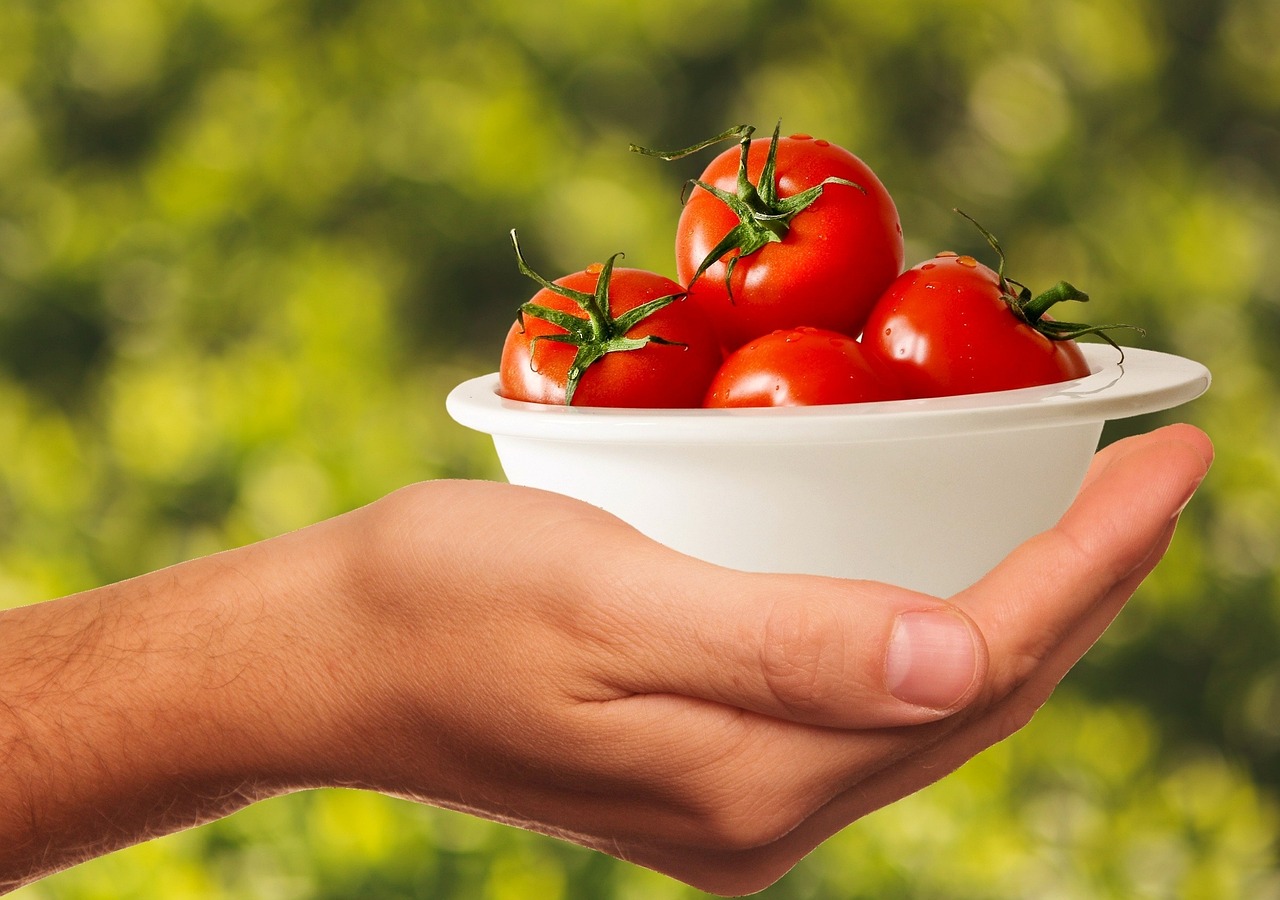The Science Behind Food Irradiation and Safety
Food irradiation is a process that involves exposing food to ionizing radiation to kill harmful bacteria and pathogens. This technique helps to extend the shelf life of food products by inhibiting the growth of microorganisms that cause spoilage and foodborne illnesses. The radiation used in food irradiation can come from sources such as gamma rays, electron beams, or X-rays.
The irradiation process works by damaging the DNA of microorganisms present in the food, preventing them from reproducing and causing foodborne diseases. It is important to note that food does not become radioactive through irradiation, as the radiation used is not strong enough to make the food itself radioactive. Additionally, food irradiation can also help to control insect infestations and inhibit the sprouting of certain vegetables and fruits, further contributing to the safety and preservation of food products.
Benefits of food irradiation in terms of safety and preservation
Food irradiation offers multiple benefits when it comes to enhancing food safety and prolonging the shelf life of various food products. By subjecting food items to controlled doses of ionizing radiation, harmful bacteria and pathogens can be effectively eliminated, reducing the risk of foodborne illnesses and contamination. This process can also target insects and parasites present in food, contributing to a safer consumption experience for consumers.
Furthermore, food irradiation can help to extend the storage life of fresh produce and other perishable items by inhibiting the growth of spoilage-causing microorganisms. This preservation method slows down the ripening process of fruits and vegetables, allowing them to remain fresh for longer periods without the need for chemical additives or excessive refrigeration. With the ability to maintain both the safety and quality of food products, food irradiation serves as a valuable tool in ensuring a more secure and sustainable food supply chain.
What is food irradiation?
Food irradiation is a process where food is exposed to ionizing radiation in order to kill harmful bacteria and pathogens.
How does food irradiation work?
During food irradiation, gamma rays, electron beams, or X-rays are used to disrupt the DNA of microorganisms, rendering them unable to reproduce.
Are there any safety concerns associated with food irradiation?
Food irradiation has been extensively studied and deemed safe by organizations such as the World Health Organization and the Food and Drug Administration.
How does food irradiation help with food preservation?
Food irradiation helps to extend the shelf life of food by killing bacteria and parasites that cause spoilage, allowing the food to stay fresh for longer periods of time.
What types of food can be irradiated?
Many types of food can be irradiated, including fruits, vegetables, meat, poultry, fish, and grains.
Does food irradiation affect the taste or nutritional value of food?
Food irradiation does not significantly alter the taste, texture, or nutritional value of food.
Is food irradiation a common practice in the food industry?
Food irradiation is used in many countries around the world as a safe and effective method of food safety and preservation.







